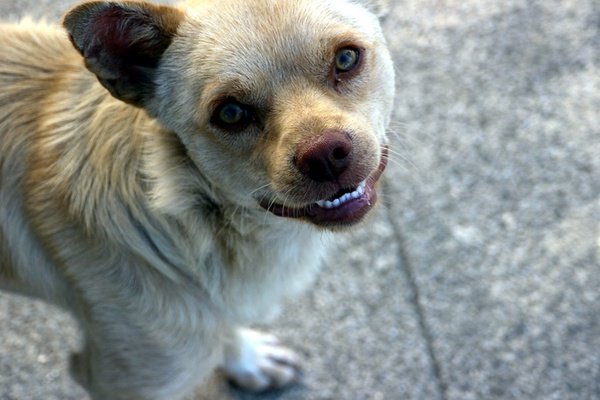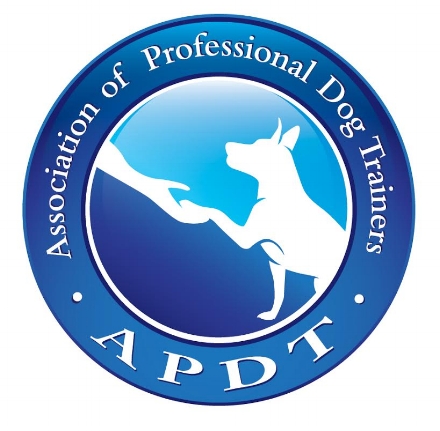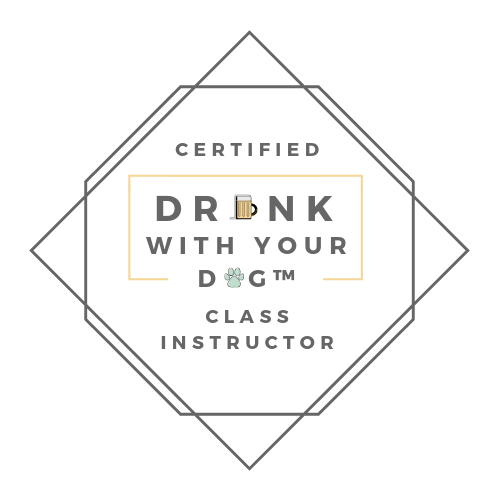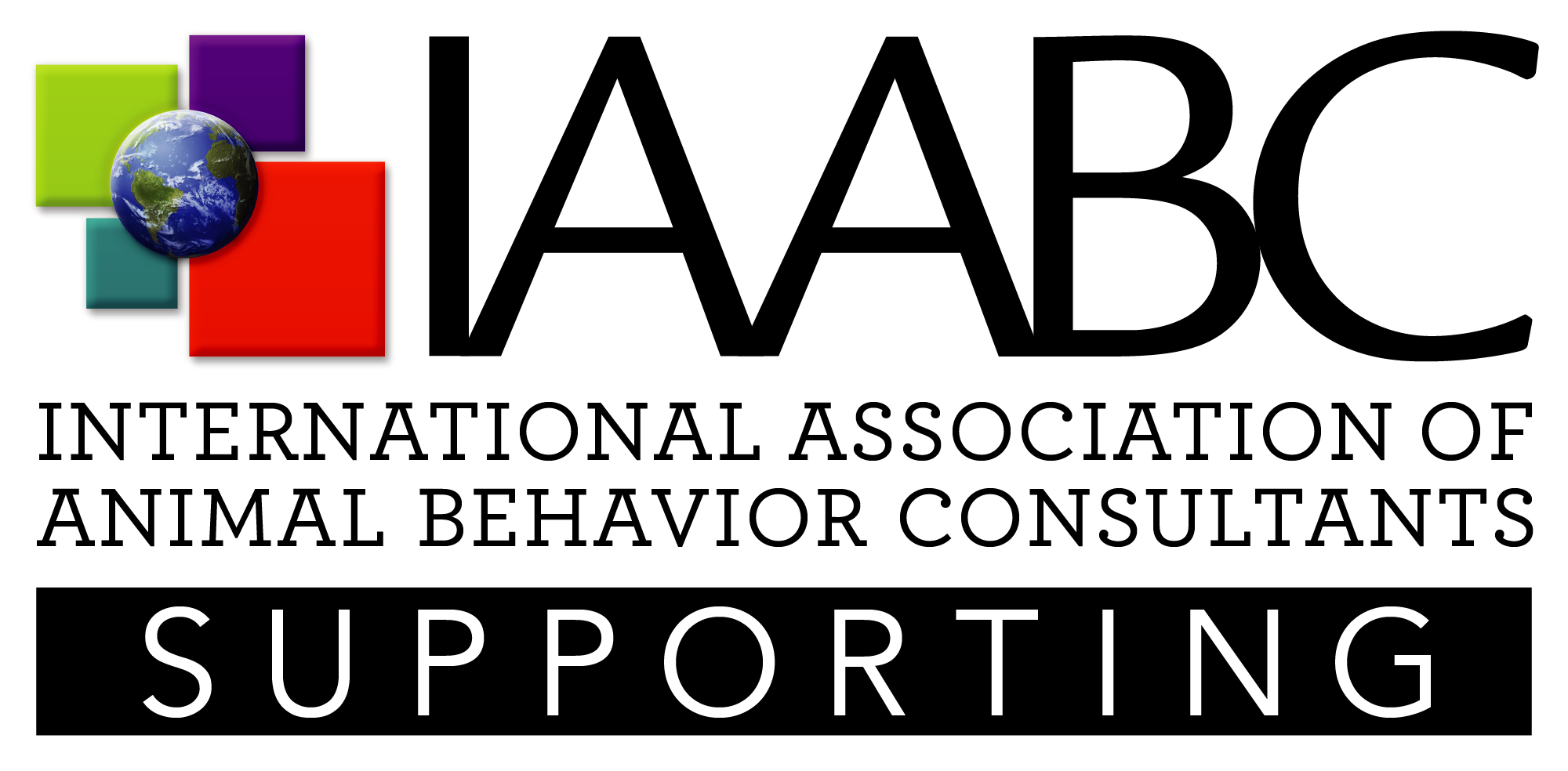Kennel cough is an incredibly common bacterial infection among dogs. Like the flu, there are seasons where kennel cough is more common; however, your pooch can contract it any time. Dog parks, vets, pet stores, grooming facilities, daycares, and boarding facilities are all common hubs for kennel cough.
Kennel cough is incredibly easily transmitted, especially in places where your pooch is likely coming in contact with other dogs or shared surfaces. Though Bordetella bronchiseptica doesn’t survive on surfaces for long, it only takes a little to cause an infection. The most common method of infection is through aerosolized particles of contaminated saliva, so visiting areas with poor air circulation or that aren’t often cleaned present more of a risk for kennel cough.
Coughing, hacking, “honking”, fever, lethargy, foamy saliva, and a decreased appetite are all symptoms of kennel cough. Dogs can also be completely asymptomatic. Puppies that aren’t yet vaccinated against kennel cough are at greater risk; however, Bordetella bronchiseptica mutates often enough that there is not a completely effective vaccine. Immune-compromised and elderly dogs also have increased susceptibility.
At Pawsitive Pooch we use cleaners throughout the day and after each class that are developed for veterinarians and facilities with high pooch traffic. These cleaners are specifically formulated to kill bacteria and viruses that commonly infect our furry friends. If we suspect that a dog has kennel cough, we will isolate them from the rest of the class until they can be picked up. We will always notify you if we observe any suspicious coughing, hacking, or other odd behavior in your pooch.
The important things to remember about kennel cough are that it is extremely common and best caught early, so notify your veterinarian right away if you notice any sign or symptoms of kennel cough and avoid interaction with other dogs. A veterinarian must diagnose kennel cough, and they have a variety of methods for treating the infection depending on your dog’s symptoms. We ask that if your pooch has contracted kennel cough, you follow your veterinarians recommendation for when they can return to Pawsitive Pooch.








